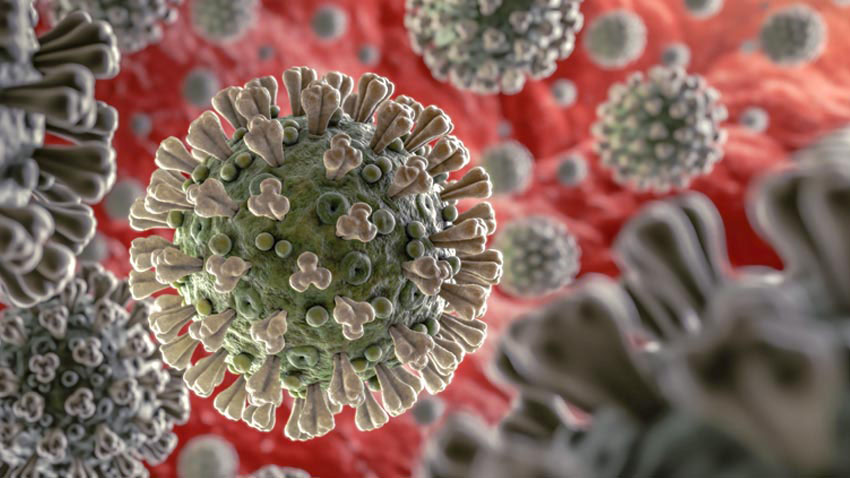
By Daniel Fry
At San Diego State University, the graduate program in Homeland Security has, from its inception, prided itself on the focus it places on the in-person aspects of the program. Encouraging graduate students to interact with program directors, law enforcement officials and other industry experts has consistently placed the SDSU Homeland Security program in the top two national security graduate programs in the nation. However, with the advent of the novel coronavirus pandemic and the profound impact it’s had on the social and educational aspects of higher education, the scholastic minds behind the program have begun to wonder how the pandemic has affected current students and what can be done to ensure the continued success of the program and its dedicated participants.
As the Fall 2020 courses draw to a close and the Spring 2021 semester is only a few short months ahead, a number of new and senior graduate students were asked their opinion on how COVID-19 has affected the program and the interactions between their peers and the professors. Robert Harkins, a Supervisor Special Agent with the DEA and a new student to the program stated that while he was disappointed in the lack of student networking, the online nature of the courses and internship allowed him to better balance his school, work and family responsibilities.
Andrew Jordan, a seasoned student on his third semester in the program noted a few ways in which the program has been affected. “First, the study abroad requirement has naturally had to change and adapt with the travel restrictions put in place, but this is a very natural consequence of the pandemic.
Second, the internship requirement has been a little more difficult to fulfill. Things that looked promising in February have not materialized for me or for some of my peers, and I think the competition for internships has grown as more people are out of work and fewer companies are hiring.”
Mr. Jordan also touched on the change in how information was disseminated via Zoom rather than in-person instruction. He noted that while much of the course material could still be effectively taught through online methods, the real struggle came in the critical group discussions that normally occur in the majority of graduate courses.
Attempting to have a meaningful discussion about the presented material is problematic when there are 20 students sharing a screen. Mr. Jordan did mention that Dr. Cezar Ornatowski mitigated this issue by having numerous break-out sessions with 4-students per group in order to encourage more in-depth discussions.
Carlos Francisco Avila, a Community Service Officer with the SDSU Police Department as well as a Homeland Security graduate student, mentioned the positives that came with online classes, such as a non-existent commute and program professors who have made the greatest effort to adapt their courses to an online learning format.
As the Fall 2020 semester winds down, the COVID-19 pandemic remains a deep concern to the SDSU faculty and the University President, Dr. Adela de la Torre. President de la Torre has continuously updated the faculty and student body on the most current COVID-19 information, updates and policy.
The most recent statement from President de la Torre outlined the Spring 2021 Flex Plan. The Flex Plan will transition all but 130 courses into virtual classes, relying heavily on digital seminars and online discussions to ensure that students acquire essential professional knowledge while promoting health and safety.
While faculty and staff strive to provide the optimal educational environment and students continue to make every effort to utilize the available resources, there is no question that COVID-19 has dramatically altered the environment of higher learning and the many ways in which faculty instruct and students learn.

